By Dr. Wayne Brouwer
January 22, 20165 Ways to Care for Your Elders
Years ago, the pastor in my childhood church took a call to another congregation. The process began in April, but the pastor did not want to move until June, after his children finished their school year. A search committee to find the next pastor was struck, and the timing was superb. Checking with friends at the denominational seminary, one member of the search committee recommended a top graduate with very promising credentials. Since the seminary graduate needed a job, and our congregation appeared to be a good fit, God whispered in a lot of hearts at the same time, and before the old pastor had left the parsonage, the new pastor had accepted the call!
One of the elders bragged to a neighboring pastor about how good our congregation must be, that God so quickly provided a replacement pastor. Without missing a beat, the other retorted, “That’s one way of looking at it. But maybe your congregation is in such a mess that God didn’t trust you on your own!”
Elders in Charge
We tend to be very pastor-centered in our church life. Pastors are often viewed as spiritual CEOs, and “things fall apart” when none is around.
But the New Testament concept of Christian congregation finds its strength in elders, not pastors. Pastors, in fact, were understood to be “teaching elders” (1 Timothy 5:17), collegial equals with the rest of the elder team. Elders provide maturity, stability, spiritual integrity, and thoughtful direction to congregations. From the very beginning, elders were appointed in every congregation by the Apostles to care and shepherd the flocks of God (Acts 14:23).
Colonial migrations of the 17th century, coupled with the Industrial Revolution of the 18th and 19th centuries, destabilized a largely agrarian world, and reconstituted many new Christian congregations with transplanted members where lifelong local reputations were missing. The massive global and regional movements of people in recent centuries have further leveled the social playing field, until it is not immediately apparent who are the true biblical “elders” in very transitional congregational memberships.
Elder Care
So congregations need to select elders prayerfully and wisely, with more careful vetting processes than were necessary in multi-generationally stable church communities of the past. Moreover, elders themselves, once identified, need new forms of support and assistance in doing their work well. Among the most important ways to care for elders, consider these:
- Provide good initial training that helps elders understand better the biblical role that they are entering, the contours of elder leadership in your denominational tradition, the history and culture of your congregation, the specific expectations for elders in your church, and the recent leadership decisions that are shaping ministry trajectories.
- Ordain and install elders with dignity, passion, engagement, and celebration. Encourage the congregation to understand that these people, in these roles, are Jesus’ gift to his church. Foster appreciation and trust in elder leadership, and publically thank them when they have finished terms of service.
- Build strong pastoral care ties among elders and pastors. Because elders are called to “care for the flock,” they can be overlooked in the congregational care process. Wise pastors and other key leaders ensure that elders and their families receive the best pastoral care possible. This serves to model what the elders themselves do in pastoral relations with those to whom they are responsible, and also allows elders to minister out of a position of spiritual health and vitality within their own households.
- Publicly affirm and highlight the pastoral care and leadership activities of elders on a regular basis. This confirms their significance for the life of the congregation, and appropriately challenges elders to live into their responsibilities.
- Spend time in mutual care at the start of each elders’ meeting. Ask leading questions that encourage each person to express family and life events, and provide a context in which mutual care can deepen. Create an atmosphere of kindness, trust and synergy within the leadership team.
Our science fiction writers predict future ages when machines will run life more efficiently than are possible with fallible and inconsistent human endeavors. But Jesus still pins his hope for the world on the witness of his less-than-perfect disciples. And he continues to care and guide his people by way of the marvelously weak strength of human elders.









